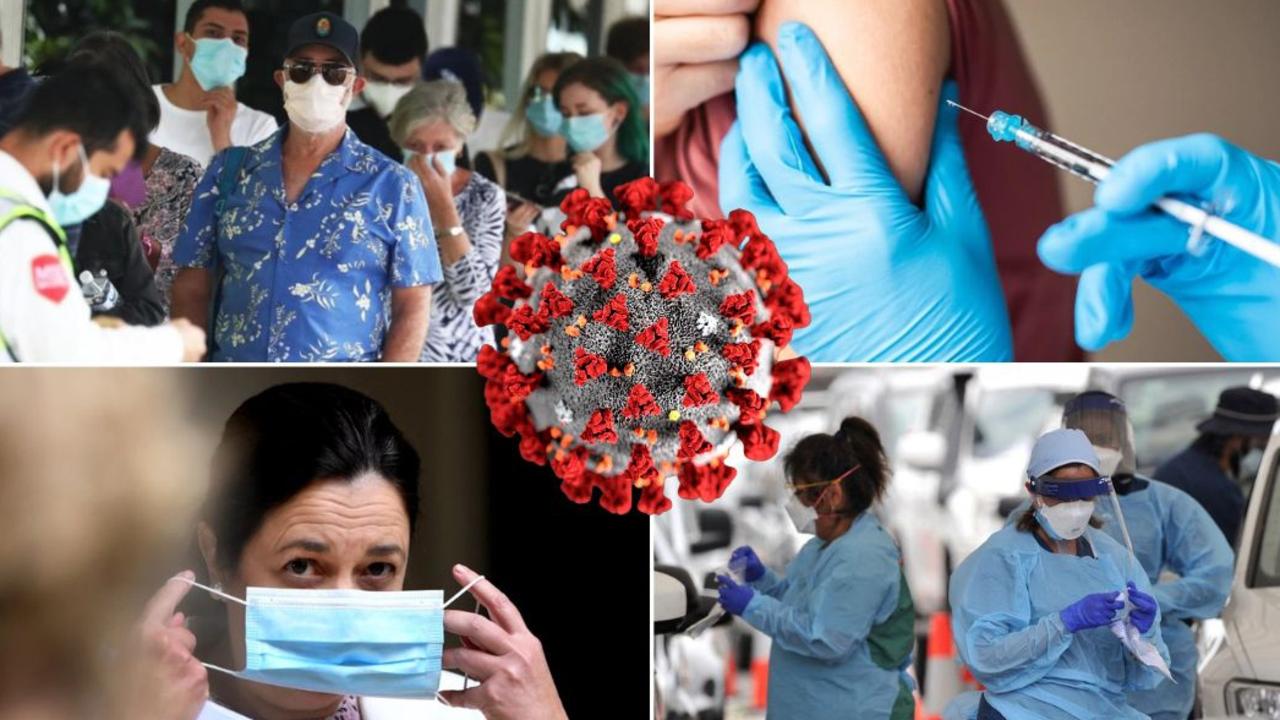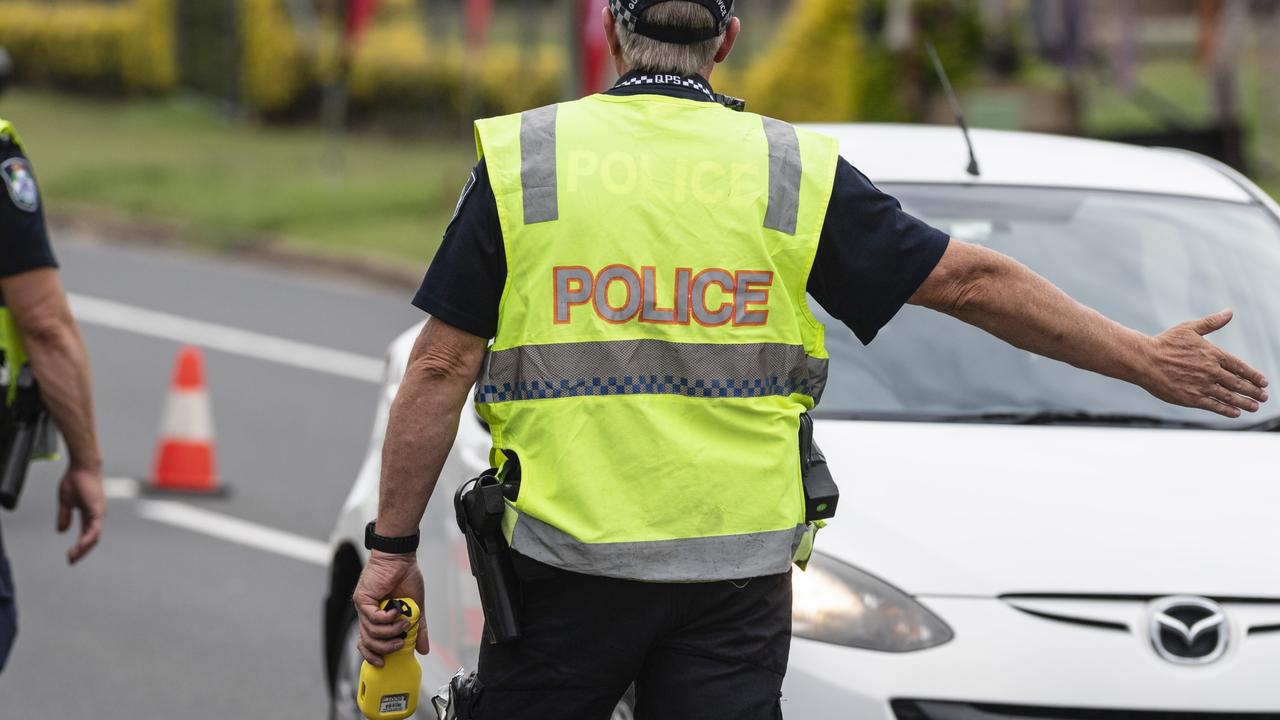Coronavirus Gold Coast: How Gold Coast cops learnt from Spanish Flu
The last time Queensland borders were shut to slow the spread of a pandemic, travellers were streaming into the sunshine state by foot and horse and buggy.
Coronavirus
Don't miss out on the headlines from Coronavirus. Followed categories will be added to My News.
THE last time Queensland borders were shut to slow the spread of a pandemic, travellers were streaming into the sunshine state by foot and horse and buggy.
It was 1919 and the Spanish flu was ravaging the world. Some 500 million people would be infected, killing tens of millions of the world’s population.
Fast forward 100 years and the Queensland Police were called to action again. Again, the border became a checkpoint to slow the spread of a global health crisis.
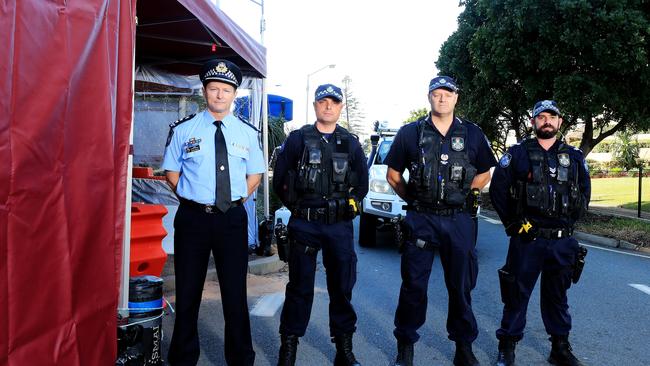
“When we got advised that we had to implement border controls to bring into effect the chief health officer’s directions, we looked back to see what had been done similar and we discovered nothing had been done since January of 1919, which was in the pandemic of that age,” Gold Coast Chief Superintendent Mark Wheeler explains.
“Of course back then, the border consisted of dirt roads, people on foot and probably horse and buggy — certainly not 100,000 vehicles a day crossing over 17 entrance points into the Gold Coast police district.
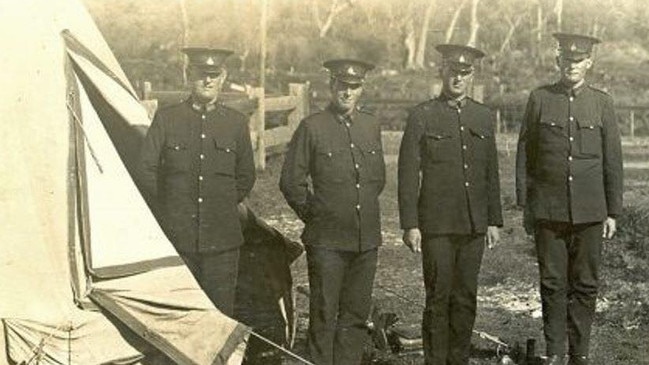
“We realised straight away that this was not just a line of defence for the Gold Coast, but it was a line of defence for the entire state of Queensland.
“We’re seeing history play out as we live, and all we’ve got to compare it to is 1919. There’s no one around who would have any recollection of how that played out.
“We read history books and see that over 50 million people worldwide died and we know how catastrophic it can be and what we’re seeing unfold in other countries, just absolute tragedy after tragedy in some of those numbers.”
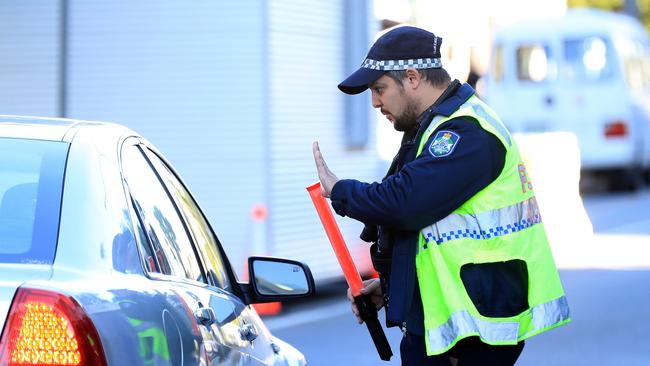
Such is the unheard of nature of this pandemic, the Gold Coast District Disaster Management Group has been active for more than four months. Previously, the longest the group meet for was one week, during the flooding caused by Cyclone Debbie.
It has been a logistical nightmare, but for a city that runs some of the biggest events in the State, the cops were well equipped to handle it.
“We realised it was a really big job and a big challenge. In a very short time we came up with a strategy, which was to shrink the number of entry points to a controllable and sustainable level. We anticipated this was going to go on for many months, not weeks and that’s why we put in a number of hard closures, which has changed over time.
“Logistically and personnel wise there was significant resources thrown at this, because we could not afford to get this wrong. A catastrophic failure at that point and at any point through here, could result in a situation like we’re seeing unfold in other states.
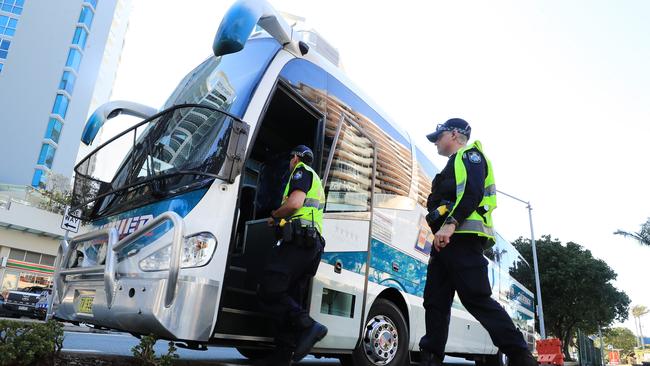
“We are really fortunate here, we’ve got exceptional planners and operational police, who are used to doing planning for events like the Commonwealth Games, Schoolies, the GC600, so they were the people we used and they put their skills to really good use.
“They worked under incredible time pressures and they got the job done and they continue to keep doing it as necessary.
“We see changes, sometimes by the hour, and we got really used to being able to react to them and sometimes anticipate the changes. Those include the additional hot spots being declared in New South Wales.
“This is a rapidly evolving situation and we’re able to change our protocols on the border to make sure we scrutinise the people we may have thought are coming from those areas.”
He said one of the biggest challenges was manpower, getting the numbers on the border right, without taking away from the frontline on the Coast.
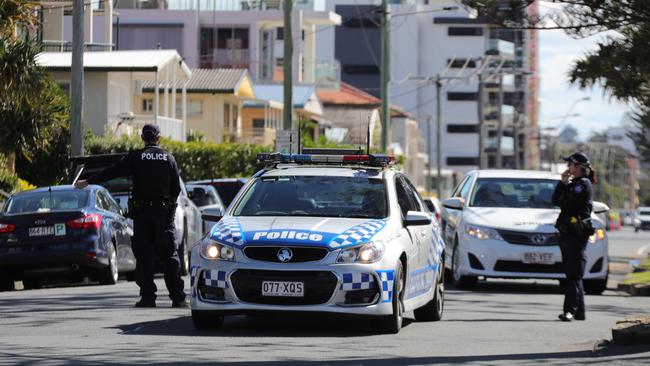
FLASHBACK: THE GOLD COAST OF 1995
“I think this is week 19 and we’ve had people down there for most of that time and I’m really grateful for their enthusiasm, professionalism and understanding. This is really important.
“As time has gone on, we’ve been very careful with the staff we’ve used down there. They’ve come from the road policing unit, the Rapid Action Patrol and our bike squad. We’ve been very deliberate to leave our frontline general duties police stations untouched.
“I’ve said to a few of them, that at some stage in their career when this is all over, they’ll look back and understand this was probably the most important job they’ve ever done.
He said their ability to rapidly respond to an outbreak would be crucial in making sure new cases were kept to a minimum.
“Our ability to do a rapid response to an outbreak or a cluster somewhere is really important as part of the overall strategy. If there’s a need to rapidly respond, and we’ve exercised this, to a geographical area, a street, a suburb, a node, we’re in a position to be able to do that.”
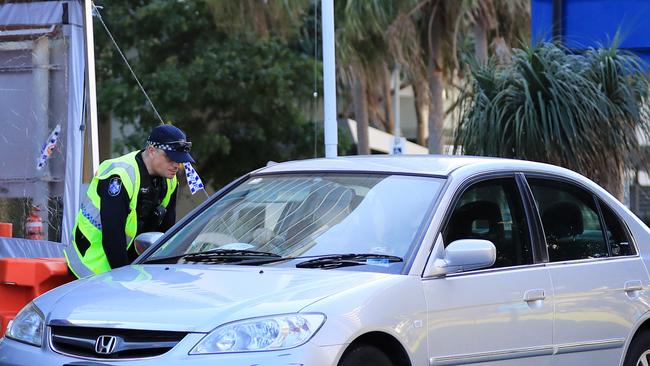
For the Chief Superintendent himself, it has been a baptism of fire to the Coast, having only starting his role here on at the beginning of the year.
“I knew what I was coming to and I had some plans in mind. I kicked off officially on January 6 and by February we had started COVID, because we had a first case early in the month. It was the first case in Queensland.
“We then had a role to play, almost immediately in checking on quarantined people, and I personally went out and worked with the operational crews. It was good for me, to meet some staff. If you had have asked me in January would I have ever believed I would be doing this, the answer would have been ‘you’ve got to be kidding me’.”

